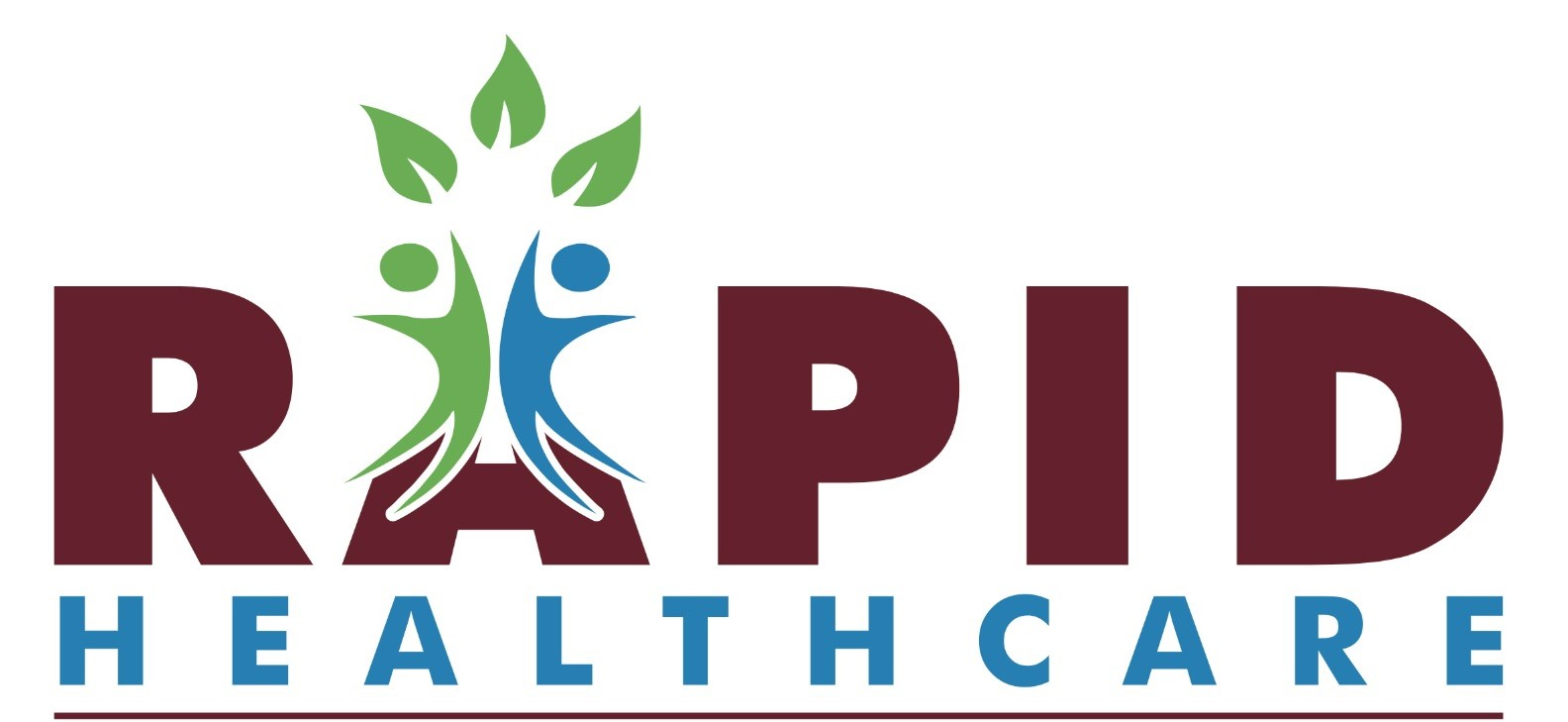
Fevers can be alarming, especially when the temperature spike happens suddenly. As a common symptom indicating that the body is fighting off an infection or illness, it’s essential to know when a fever is merely a natural response and when it might be cause for concern.
At Rapid Healthcare in Joliet, IL, we understand your worries and aim to provide clarity on the topic. Let’s delve into understanding fevers better and determining when it’s time to call the doctor.
Understanding Fevers
At its core, a fever is a temporary increase in body temperature, typically due to an illness. It’s one of the body’s most basic defense mechanisms against infections. However, the severity or duration of a fever doesn’t always correlate directly with the seriousness of the underlying illness.
When to Call a Doctor or Visit Rapid Healthcare
While not every fever requires medical attention, here are some situations when you should reach out to a healthcare professional:
- Infants and Newborns: A fever in a baby younger than three months, with a rectal temperature of 100.4°F (38°C) or higher, warrants an immediate call to the doctor.
- Persistent High Fever: If an adult’s fever surpasses 103°F (39.4°C) or lasts more than three days, it’s time to seek medical advice.
- Accompanying Symptoms: Symptoms such as difficulty breathing, severe headache, chest pain, rash, stiff neck, confusion, or repeated vomiting alongside the fever are cause for concern.
- Chronic Health Conditions: Individuals with compromised immune systems or chronic health conditions, like diabetes or heart conditions, should be more cautious and consult their doctor when fevers arise.
- No Improvement with Treatment: If the fever doesn’t respond to over-the-counter treatments or if it momentarily subsides and then returns, it’s essential to reach out to a healthcare professional.
Tips for Managing a Fever at Home
While awaiting a doctor’s advice or appointment:
- Stay hydrated: Drink plenty of fluids.
- Get ample rest: Allow your body to heal and recover.
- Consider over-the-counter pain relievers: Medications like acetaminophen or ibuprofen can help lower fever and alleviate discomfort. However, always use them as directed and ensure they don’t conflict with any other medications.
Fevers are a common response of our bodies to external invaders, but discerning when they’re a mere inconvenience and when they signal something more severe is crucial.
When in Doubt, See Our Joliet Physicians
At Rapid Healthcare, we’re dedicated to ensuring the well-being of our community. If you or a loved one is experiencing concerning symptoms alongside a fever, don’t hesitate to take advantage of our urgent healthcare services and walk-in clinic. Your health is our utmost priority.
Posted on behalf of
167 N. Chicago St.
Joliet, IL 60432
Phone: (630) 518-4444
Mon - Fri: 9am – 5pm
Sat, Sun: Closed


